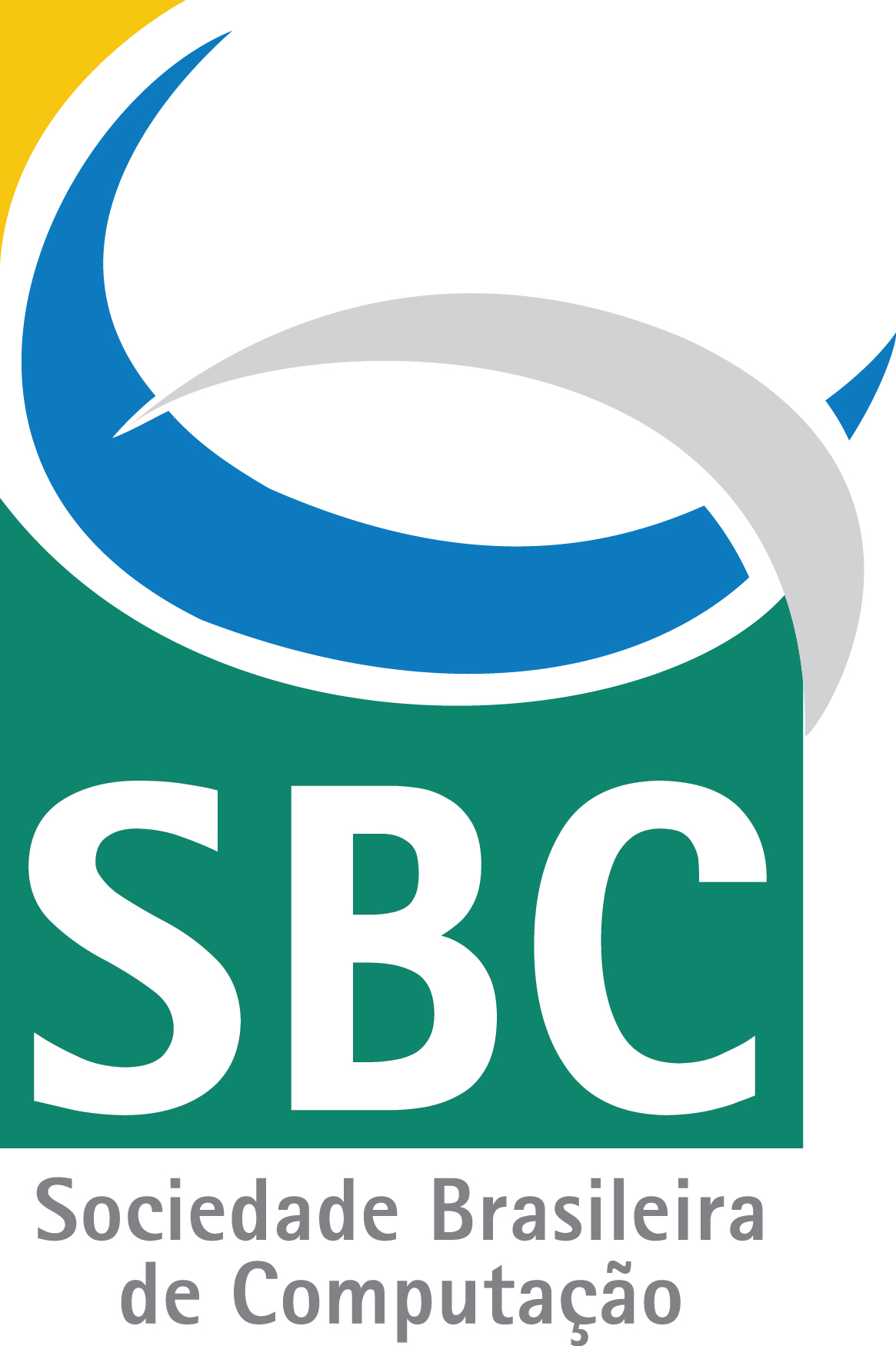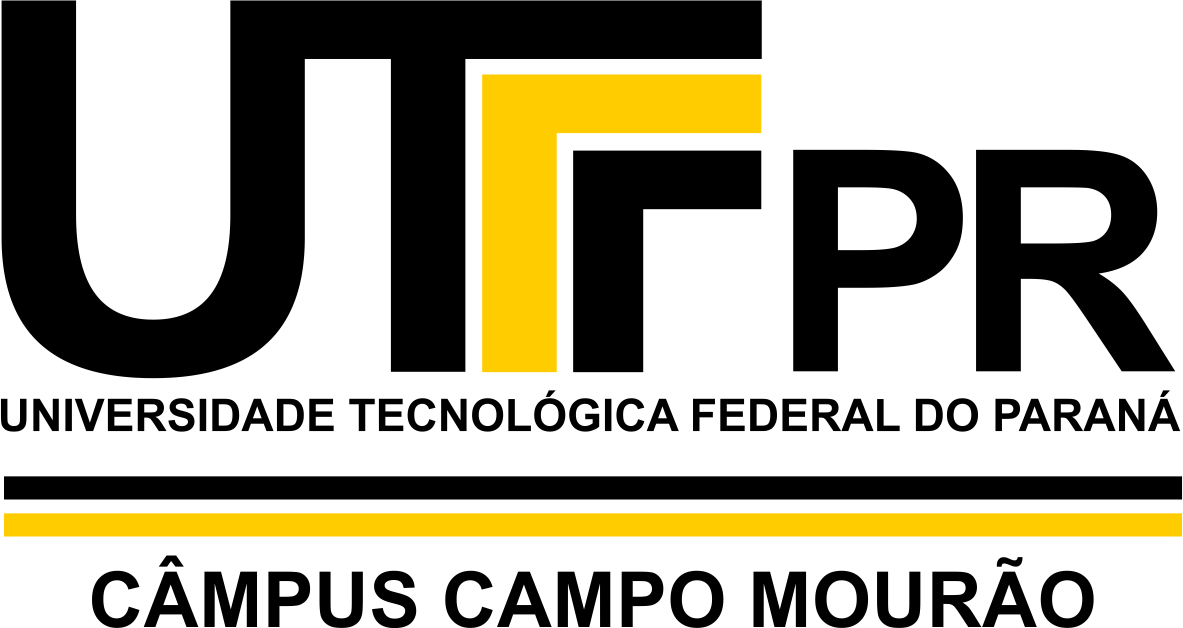Yu David Liu
 |
Typed Energy-Aware ProgrammingIn this talk, I will bridge two largely disjoint areas of research -- type system design and green computing -- and show how classic ideas in typed language design may help promote energy efficiency of software systems and ultimately lead to applications "green by design." First, I will introduce Energy Types, a type system to reason about energy management. Despite the popular perception that energy and power can only be described in joules and watts, real-world energy management is often based on discrete phases and modes, where a phase characterizes a distinct pattern of program workload, and a mode represents an energy state the program is expected to execute in. A key insight of Energy Types is that both phases and modes can be captured as types, and reasoned about by a region-based type system effectively. Energy Types brings energy-conscious programmers into energy optimization, leading to a flavor of proactive energy-aware programming. In the second part of the talk, I will show how mixed static and dynamic typing can combine programmer knowledge and program dynamic characteristics into a unified framework for energy optimization. The mixed type system is capable of capturing highly dynamic energy behaviors, such as scenarios when energy consumption is state-dependent or configuration-dependent, and connecting them with the static type system to preserve the ability for principled reasoning. The two type systems have been built into two Java-like programming languages, ET and Ent, and their impact on energy-aware programming has been evaluated on the platforms of laptops, Android phones, and an emerging platform, Raspberry Pi. |
|
David Liu is an Associate Professor from State University of New York (SUNY) at Binghamton. His research interests include energy-aware language systems, data-intensive software systems, type systems, and software engineering. He is a recipient of the US National Science Foundation CAREER Award and the Google Faculty Research Award. David received his Ph.D. from the Johns Hopkins University in 2007. |
|



